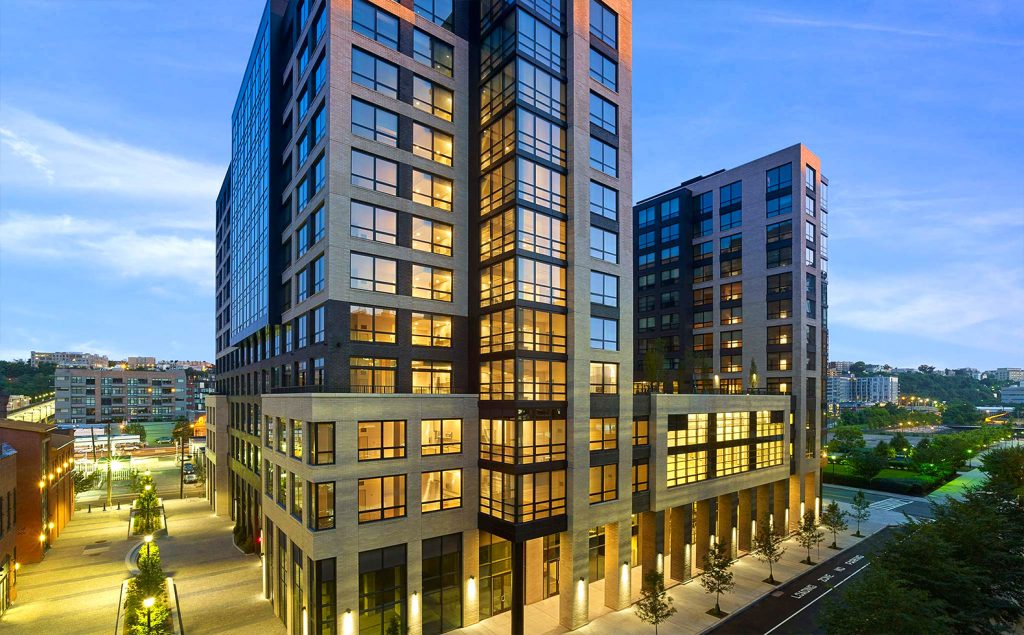Despite being one of the burgeoning industries, real estate, which is estimated to contribute about 5-6 per cent to the Gross Domestic Product of India, has not exponentially adopted technology over a decade. But real estate is that sector of economy, which has managed to generate immense wealth despite undergoing much upgradation.
However, companies cannot afford to ignore adoption of sustainability measures and smart building technology in order to bring in design innovation and operational excellence. The mindset of the people buying properties has changed over the time. They are no more satisfied with the local brokers who are able to provide limited options in terms of properties; they are no more satisfied with whatever is available.
People consider buying a home as a one -time investment. Therefore they are very particular in buying a property that is at par with their needs and match their personality, even though they want it to be affordable also. However, nobody has time to go around with the agents looking for houses and checking the authenticity of the agent. Technological intervention in this area has helped real estate to develop in various ways.
Using technology for brokerage growth and agent retention is being widely followed by property developers. This has been introduced not only because people want to access everything at a click of the “mouse”, but also because there is constant pressure on the brokers to reduce their commission rates.

Unlike closing a sale of a property that does not turn in frequently, the agents earn more income by managing the tenants who move in and out of the apartment units. But it is very important for the agents to maintain the occupancy in order to maximise the income. There are data analysis platforms like Rentlytics that enable the agents as well as the owner to keep track of the apartments. Thus for any property that is not maintaining the desirable occupancy rate they can understand the root causes and rectify them.
The advent of smart phones has also made it easier for the agent to carry out the repetitive aspects of their job like sending collaterals and pulling listing information. This time can be utilised to generate more leads and increase the business. Moreover, customers prefer brokers who are updated about the market and have various options to offer. Technology is the driver of these positive changes.
Another area where technology intersects with real estate industry is ensuring sustainability. Nowadays, the emphasis is more on cutting down pollution rate, bringing down the emission of harmful gases, reducing deforestation and adapting greener methods in various sectors including construction.
These methods are meant to bring in sustainable development and have been discussed with utmost seriousness at the Paris climate talks, which if not followed would cause threat to entire mankind.
In this scenario real estate has also switched to adopt greener methods with the help of advanced technology which would save the environment. On the other hand it will also help the builders to construct houses and Luxury villas in Bangalore considering the climatic conditions of a certain area.
India is emerging as one of the rapid adopters of sustainable building practices with third rank in the latest US Green Building Council. The main objective of green projects being developed by private developers is to create energy-efficient, water-efficient, comfortable, healthy, and environmentally friendly buildings and homes.
These eco friendly projects however, provide well designed properties with all the amenities of world class quality according to the need of the buyer. India has green townships certified under Green Rating for Integrated Habitat Assessment (GRIHA). The certification is provided on the basis of how effectively eco friendly is the waste management system and energy consumption system of the houses in the township.
Association for Development and Research of Sustainable Habitats (ADARSH) is another independent, registered society constituted by the Ministry of New and Renewable Energy that is responsible for monitoring and selecting the type of vegetation and trees being planted in these green-rated townships.
The government should also start investing heavily on the green technologies which will in turn build up a bright future for the real estate industry in the years to come. Rather than complaining and highlighting the negative effects of technological changes, it is time that we embrace the changes. Adapting to the changes and adopting newer methods in an efficient manner will obviously increase the profitability of any business. Real estate is no exception.